If there is anything which can be relied upon to bring a nation together better than the achievements of its sons or daughters on the international stage, it is the shame which attaches to their failures. This is especially true of nations whose loudest voices emanate from groups whose politics predispose them to be perpetually searching for things to be ashamed of, and who, when that search proves fruitless, are happy to re-write history, manipulate data and gag dissenting opinion to produce the goods. But the national shame which attaches to the conviction of Cardinal Pell needed no such external agency. He is, after all, not just an old white man; he is also a senior figure in an ancient global patriarchy which is constitutionally opposed to homosexuality, abortion and the promotion of women to high office. As such he was the recipient of progressive opprobrium long before he became the subject of any police investigation, and nobody can be surprised that none of his uncontestably impressive career achievements – that he is Australia’s highest-ever ranking Vatican official, for example, or that he was the first Australian archbishop to instigate investigations into sexual abuse – cut any ice with a Victorian jury. It will be for the Court of Appeals to decide whether the direction given to that jury to ‘not scapegoat’ Cardinal Pell fell upon deaf ears – or indeed if that direction could have included a little more about the nature of the evidence on which the jury had to base its verdict. One could argue that it would have taken a brave judge to have done so, given that an acquittal would undoubtedly have provided Australia with its very own O. J. Simpson moment.
However it ends, the Pell case will do nothing to slow the decline in the influence of the church as seen in Australian life in recent decades. But the congregation of our unofficial national religion has never been more inclusive, and its values have never been more passionately upheld. This explains why the collective shame of Sandpapergate was so painful and pervasive, and why we have all been so impatient for the guilty parties to be forgiven and reinstated – even unto baggy green status. If an equivalent skulduggery had been exposed in AFL, it would have received nothing like the same self-mortifying attention in the Australian media for the simple reason that no other country plays AFL: however partisan we may be about it at a local level, as a nation we do not have skin in the game.
The collective shame a nation feels when one of its number falls from grace is not a uniquely Australian phenomenon, of course. But we could be the country that gives it a name – Shamenfreude – and we could also be the first country to give official recognition to citizens who best exemplify it. An institution which acknowledges the Australian men and women who have proved to the world that in the matter of shame-making, as in film-making and cake-baking and so many other fields of human endeavour, we punch above our weight. And rather than further polarising public opinion about these individuals, the headquarters of this institution might be constructed in a way which accommodates in equal measure those on both sides of the culture war divide. Inside the building I envisage would be a long line of statues of Australians who have been seen at different times – or from different political perspectives – as sources of both national pride and national ignominy. As well as Cardinal Pell and three or four cricketers, for example, there would be life-size marbles and bronzes of Margaret Court, Germaine Greer, Rolf Harris and Russell Crowe. Critically, visitors would have the choice of entering and exiting by one of two entrances, one on each side of the building. Above one of these entrances would be the words ‘Australian Hall of Fame’, and above the other the words ‘Australian Walk of Shame’. And the centrepiece of this magnificent, federally-funded Canberra folly, of course, would be a statue of the man whose qualifications for inclusion trump everyone else’s, even though he wasn’t even an Australian. James Cook.
Got something to add? Join the discussion and comment below.
Get 10 issues for just $10
Subscribe to The Spectator Australia today for the next 10 magazine issues, plus full online access, for just $10.
You might disagree with half of it, but you’ll enjoy reading all of it. Try your first month for free, then just $2 a week for the remainder of your first year.


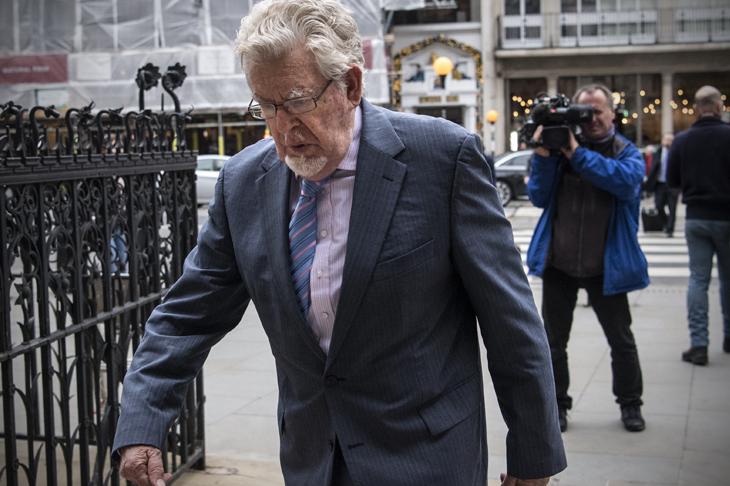
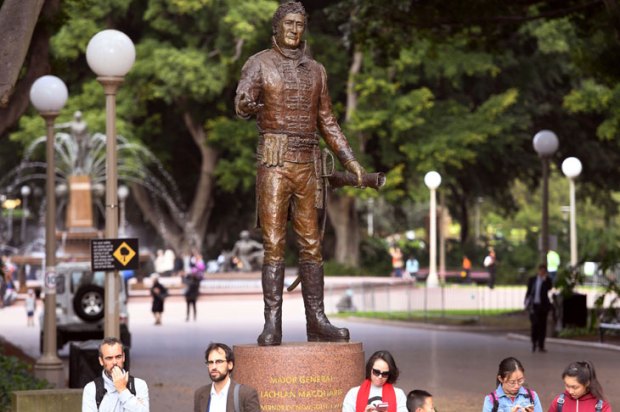

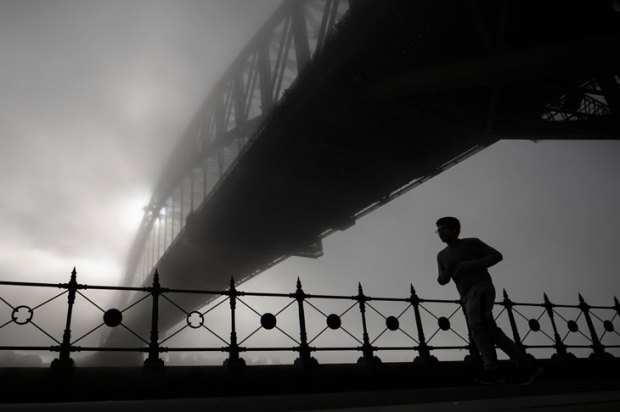
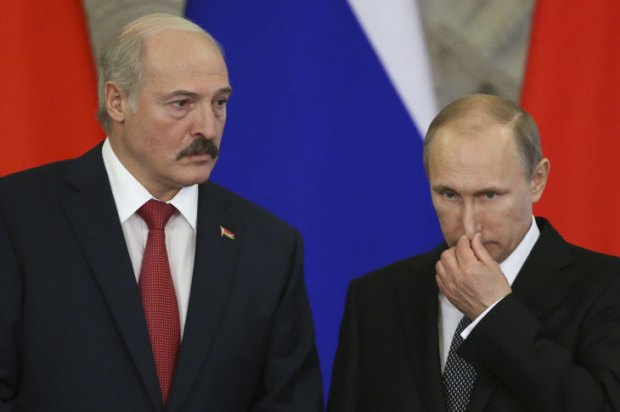

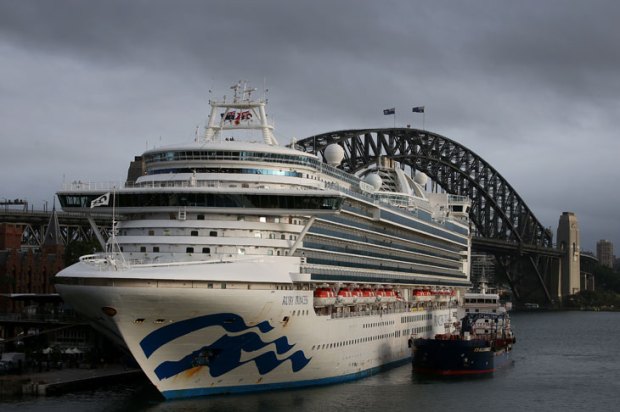






Comments
Don't miss out
Join the conversation with other Spectator Australia readers. Subscribe to leave a comment.
SUBSCRIBEAlready a subscriber? Log in